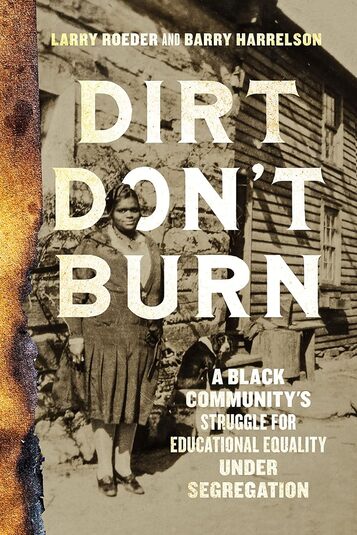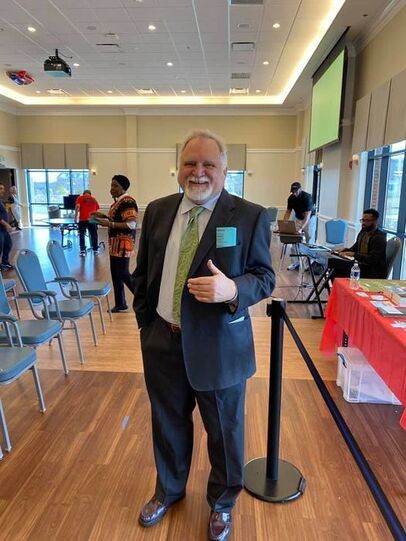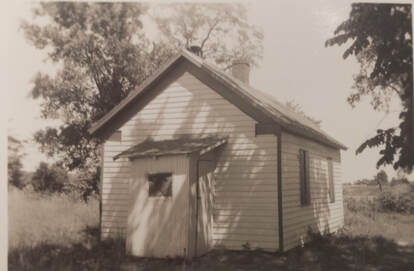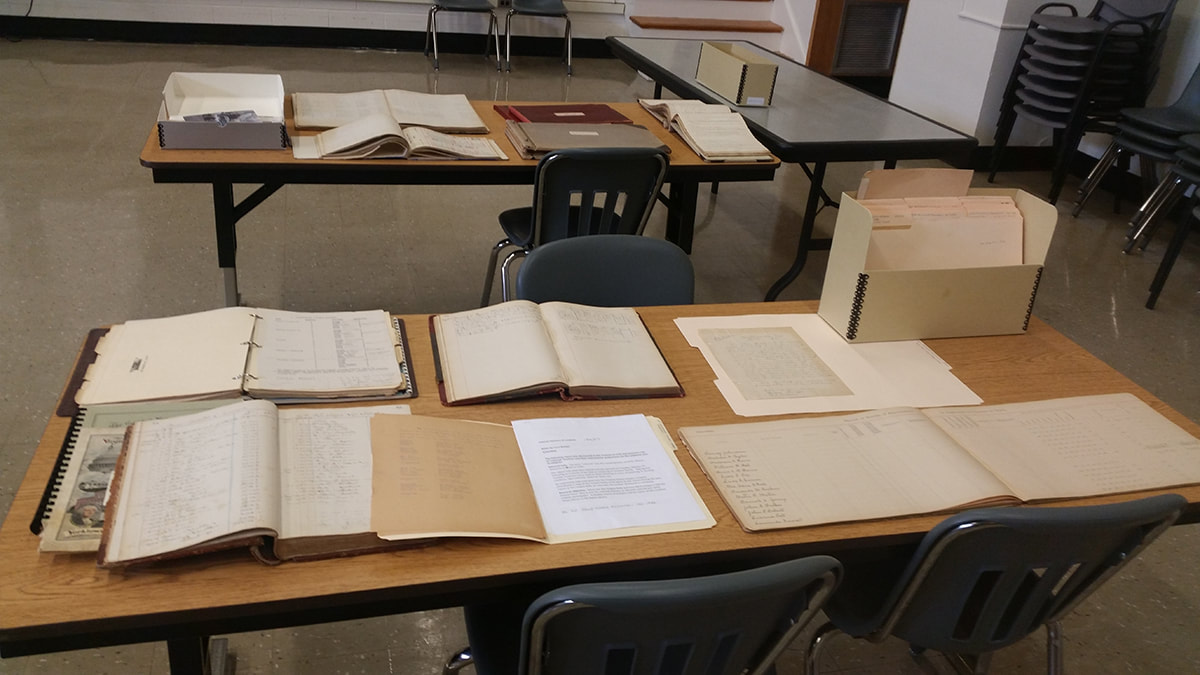 Inspiring true story of a Black community sheds new light on the history of segregation and inequity in American education... If you have attended CSAA Annual Country School Conferences in the past few years you will recall presentations by CSAA member Larry Roeder where he told the story of the *Edwin Washington Project, a monumental effort to catalogue the records of black schools in Loudon County. In addition to this on-going work, Roeder is pleased to announce the publication of his new book, Dirt Don't Burn, published by Georgetown University Press and available online through Amazon. Larry Roeder is proud of his decades of work on minority rights, and his new book is evidence of his passionate work in that arena. Dirt Don't Burn by Larry Roeder and Barry Harrelson is about the struggle of Blacks for equal education in a rural, agricultural county through a series of one-room school houses mostly. According to the author, "Our project and the book discusses the wide range of segregated education and puts Blacks in Loudoun County within the context of Virginia and Nation. We definitely explore the inequity of resources provided white vs. black schoolhouses and transportation, health care, etc." The system of educational apartheid that existed in the United States until the Brown v. Board of Education decision and its aftermath has affected every aspect of life for Black Americans. Dirt Don't Burn is the riveting narrative of an extraordinary community that overcame the cultural and legal hurdles of systematic racism. Dirt Don't Burn describes how Loudoun County, Virginia, which once denied educational opportunity to Black Americans, gradually increased the equality of education for all children in the area. The book includes powerful stories of the largely unknown individuals and organizations that brought change to enduring habits of exclusion and prejudice toward African Americans. Dirt Don't Burn sheds new light on the history of segregation and inequity in American history. It provides new historical details and insights into African American experiences based on original research through thousands of previously lost records, archival NAACP files, and records of educational philanthropies. This book will appeal to readers interested in American history, African American history, and regional history as well as educational policy and social justice. For country school enthusiasts, it is the story of the role played by county schools. Note: *Edwin Washington was the first African American youth whom we can document as having asked for and obtained schooling in Loudoun, though many other anonymous pupils and parents predated him. The Edwin Washington Archives (EWA) is the name given by the Edwin Washington Project (EWP) to boxes of records covering education in Loudoun County between the 1830s and 1968, when integration arrived. The records were lost for decades and then found by the staff of the Loudoun County Public Schools (LCPS) in the Training Center, then a largely abandoned, non-electrified, unheated “Colored” schoolhouse in Leesburg, Virginia. The archives cover both white and Black schools, as well as topics that transcend race.
0 Comments
Leave a Reply. |
Our early public schools systems were indeed disparate, but a common thread among early districts was that children of all ages were taught together in the one-room schoolhouse" Blog Archives
July 2024
|



